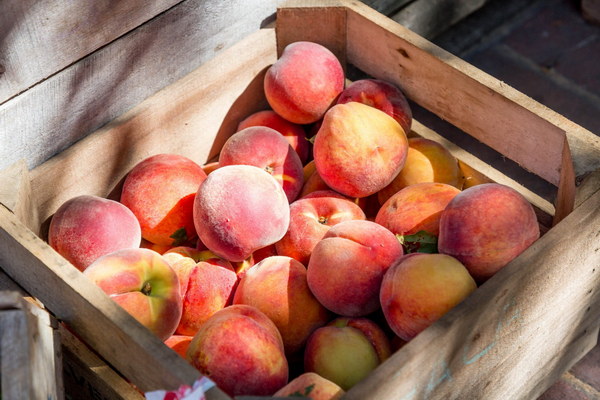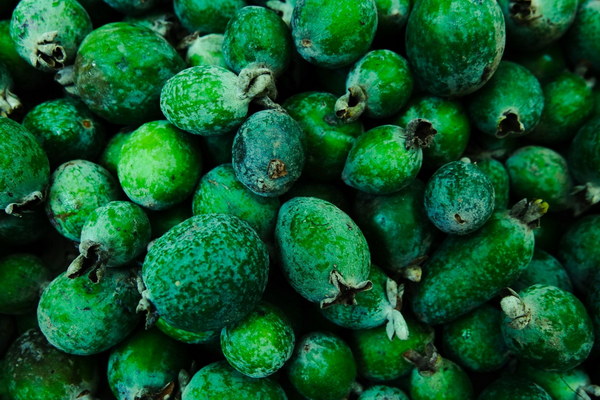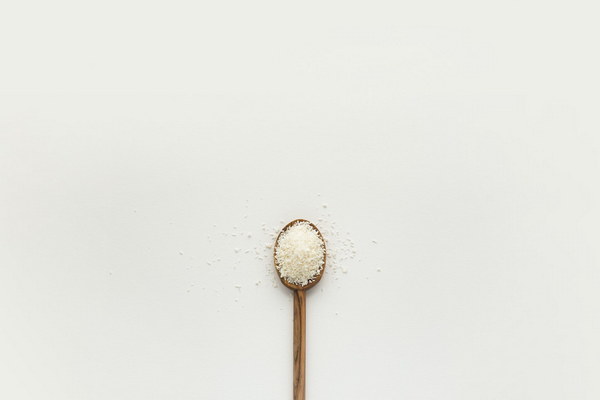Prioritizing Moisture Removal A Holistic Approach to TCM Wellness
In the realm of Traditional Chinese Medicine (TCM), the concept of Moisture Removal holds significant importance. Known as Shu Shi in Chinese, this principle is based on the understanding that excess moisture in the body can lead to a variety of health issues. The philosophy behind Prioritizing Moisture Removal is to restore balance and harmony to the body by addressing underlying moisture-related imbalances. This article delves into the essence of TCM's moisture removal approach and its benefits for overall wellness.
Understanding Moisture in TCM
In TCM, moisture is considered a fundamental element that affects the body's internal and external balance. It is believed that excess moisture can accumulate in the body due to various factors, such as environmental conditions, diet, and lifestyle. This accumulation can manifest as dampness, which is seen as a hindrance to the smooth flow of Qi (vital energy) and the proper functioning of organs.
Dampness is associated with a range of symptoms, including fatigue, weight gain, bloating, joint pain, and digestive issues. TCM practitioners view dampness as a precursor to more serious conditions, making it crucial to address it early on.

The TCM Approach to Moisture Removal
The TCM approach to moisture removal involves a multifaceted strategy that includes herbal medicine, diet, exercise, and lifestyle modifications. Here's a closer look at each component:
1. Herbal Medicine: TCM utilizes a vast array of herbs to address dampness. These herbs are chosen based on their properties and how they work together to eliminate dampness from the body. Common herbs used for moisture removal include Atractylodes, Poria, and Astragalus.
2. Diet: A diet rich in warm, drying foods can help combat dampness. These include ginger, garlic, onions, and peppercorns. On the other hand, foods that are considered to be dampening, such as cold drinks, raw fruits and vegetables, and dairy products, should be minimized.
3. Exercise: Regular physical activity is crucial in promoting the flow of Qi and eliminating dampness. Exercises that encourage sweating, such as tai chi, qigong, and yoga, are particularly beneficial.
4. Lifestyle Modifications: Adequate rest, stress management, and avoiding exposure to damp environments are essential in reducing dampness. TCM also emphasizes the importance of living in harmony with nature, which includes being mindful of seasonal changes.
Benefits of Moisture Removal
Prioritizing moisture removal in TCM can have numerous benefits for overall health and well-being:
- Improved Digestion: By reducing dampness, digestion can improve, leading to better absorption of nutrients and a decrease in symptoms like bloating and constipation.
- Enhanced Energy Levels: Eliminating dampness helps to improve the flow of Qi, leading to increased energy and vitality.
- Joint and Muscle Relief: Dampness is often associated with joint pain and muscle stiffness. By removing dampness, these symptoms can be alleviated.
- Better Mental Clarity: Dampness can also affect the mind, leading to foggy thinking and mood swings. Moisture removal can improve mental clarity and emotional balance.
Conclusion
The TCM principle of prioritizing moisture removal is a holistic approach to wellness that addresses the root causes of dampness-related issues. By combining herbal medicine, diet, exercise, and lifestyle modifications, individuals can achieve a state of balance and harmony, leading to improved health and vitality. While TCM offers a unique perspective on health and wellness, it's always advisable to consult with a qualified TCM practitioner to create a personalized treatment plan.









